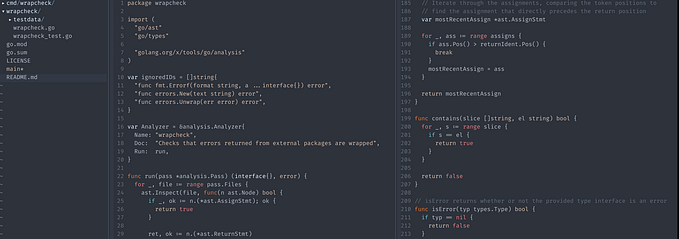Innocence Under Duress: The Impact of Mandatory Minimum Sentencing
Kathy Lee (PPS ‘25)

Plea bargaining is undeniably one of the most pervasive and significant features of the U.S. criminal justice system, much more frequently used than traditional courtroom trials. Over 90% of criminal cases are resolved through off-the-record plea bargaining within the full discretion of prosecutors. The biggest concern in this system is that the relative uncertainty of trials often coerces people to plead guilty even if they are innocent or have a valid defense. During negotiation, prosecutors take advantage of mandatory minimum sentence law, which requires judges to impose a particular term of imprisonment at minimum for convicted crimes. This law characterizes the court trials as a gamble with higher risk and plea offers as a safer option. To flip such a misleading narrative, we must eliminate mandatory minimum sentencing and correct the justice system rife with power imbalance and quotidian injustice.
The fundamental purpose of the plea bargaining system was to facilitate the criminal justice system by relieving court congestion and alleviating the risk and uncertainty of trials. However, recently plea bargaining predominantly replaced public jury trials. Of roughly 80,000 federal prosecutions initiated in 2018, more than 97 percent of federal criminal convictions were obtained through plea bargains, and only two percent went to trial. Overuse of plea bargaining poisons the essence of the criminal justice system in several ways. As the number of cases proceeding to court decreased, it became increasingly harder to challenge governmental and police misconduct. For instance, in New York City, only less than 5 percent of all felony arrests that are prosecuted had hearings for misconduct, and less than .5 percent for misdemeanor arrests went to hearings. Appellate court reviews, which monitor how fair and just the judicial processes are, do not incorporate plea bargaining because it takes place outside of the courtrooms. This lack of oversight disproportionately affects people of color since they are more subject to stacked charges of multiple cases and false arrests.
What makes this system hard to question is that people ‘voluntarily’ choose to plead guilty. Ironically, even the innocents self-incriminate themselves. According to the Innocence Project database of DNA exonerations from 1989 to 2020, 26 percent pled guilty, and 44 of 375 pled guilty to crimes they did not commit. Why would people not even attempt to appeal to judges?
To convince defendants to accept the bargain, many prosecutors have utilized mandatory minimum sentencing as a strong leverage. It reframes their offer as more advantageous than facing guaranteed harsher sentencings after trials. Defendants are forced to debate over trial penalty — an additional charge added to the pretrial plea offer if the defendant rejects it — regardless of how innocent they are. National Association of Criminal Defense Lawyers (NACDL) found that, in federal felony cases, there is on average a seven-year difference between pre-and post-trial, which undoubtedly is intimidating enough for defendants to accept whatever the prosecutor offered. Human Rights Watch noted that the trial penalty is “the price prosecutors make defendants pay for exercising their rights to trial.” Moreover, more vulnerable defendants may have additional motivations such as to end arduous and lengthy processes particularly if they are detained in jail, or to become eligible for benefit programs such as diversionary programs. However, these choices should not merely be considered voluntary; they are perfectly rational but implicitly coerced decisions to admit false convictions because plea bargaining is never a fair game to those who are less empowered.
A system that fails to fulfill its most essential purpose must be reformed. Mandatory minimum sentencing was originally adopted to deter people from committing crimes, but keeping people in prison longer has no significant effect in reducing crimes. Mandatory minimum sentencing only reduced room for judges to consider case-by-case circumstances and reversely concentrated discretion to prosecutors by providing them with disparate bargaining power. The power imbalance undermined the right to an open, public trial in criminal cases, which is the most fundamental judicial right granted to all citizens as indicated in the Sixth Amendment. Although the efficient upside of plea bargaining saves the cost of trials, it should not determine criminal dispositions at the expense of unexchangeable judicial values. Abolishing mandatory minimum sentencing will reduce burdens on vulnerable individuals and ensure plea offers are fair deals for all parties involved. We should minimize unnecessary plea bargaining by prioritizing fairness and transparency over efficiency, and only then can we begin to restore trust in our criminal justice system and ensure that justice is served for everyone, regardless of their status or background.
Kathy Lee (PPS ’25) is from Seoul, South Korea and is studying Public Policy and Psychology at Duke University. This piece was submitted as an op-ed in the Spring ’23 PUBPOL 301 course. This content does not represent the official or unofficial views of the Sanford School, Polis, Duke University, or any entity or individual other than the author.









